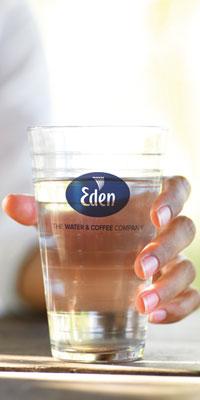Children spend a majority of their time in school, and their health while they're there is a concern. It is common knowledge that good hydration through consumption of water is beneficial for a body’s health, with lack of water potentially leading to health problems such as dehydration, constipation, kidney infections and urinary tract infections. Even slight dehydration can cause fatigue, loss or lack of concentration, headaches and lethargy; all of which affect a child's ability to learn. Are schools educating children about the need for water and providing enough opportunities for children to drink water while they are at school? Water is an essential nutrient for the human body. The body’s weight is actually significantly made up of water, and every system in the body is dependent on it. The body loses water through respiration, perspiration, and urine and bowel movements, and it is important to resupply with water so that it can perform its normal functions. Children may not be aware of the body’s need for an adequate daily intake of water. How much water does the body need? For quite some time the general rule of thumb has been to consume eight 225ml glasses of water on a daily basis. This was a 'safe' measurement because the daily intake of water varies on age, size, and location. For example, typical men need to drink more water than women and children because men usually have larger body sizes. The suggested recommendation for children is to consume six to eight 225ml glasses of water on a daily basis. Is water readily available to school children? Most schools have water fountains or school water coolers strategically placed in the classrooms and in the hallways, but how often are children allowed to get a drink of water from them? Recent studies have shown that most school children are not drinking enough water at school, and indicate that free water is not readily available to school children during lunch time. This is unfortunate, as children cannot function at their best when they are even mildly dehydrated. What are the alternatives? Parents and other advocates can speak to the school boards about making free water readily available to children at school. They can suggest the implementation of more portable or bottled water coolers, mains fed water coolers, pitchers of water, or allowing children to take their own water bottles to school. Parents can educate their children about the importance of adequate water consumption. If the public are educated and reminded about the need for children to consume an adequate daily amount of water, simple changes can be made and schools can begin providing more opportunities for children to drink water at school. School children will be healthier, physically, mentally and emotionally. Image: Uriel 1998/Flickr







